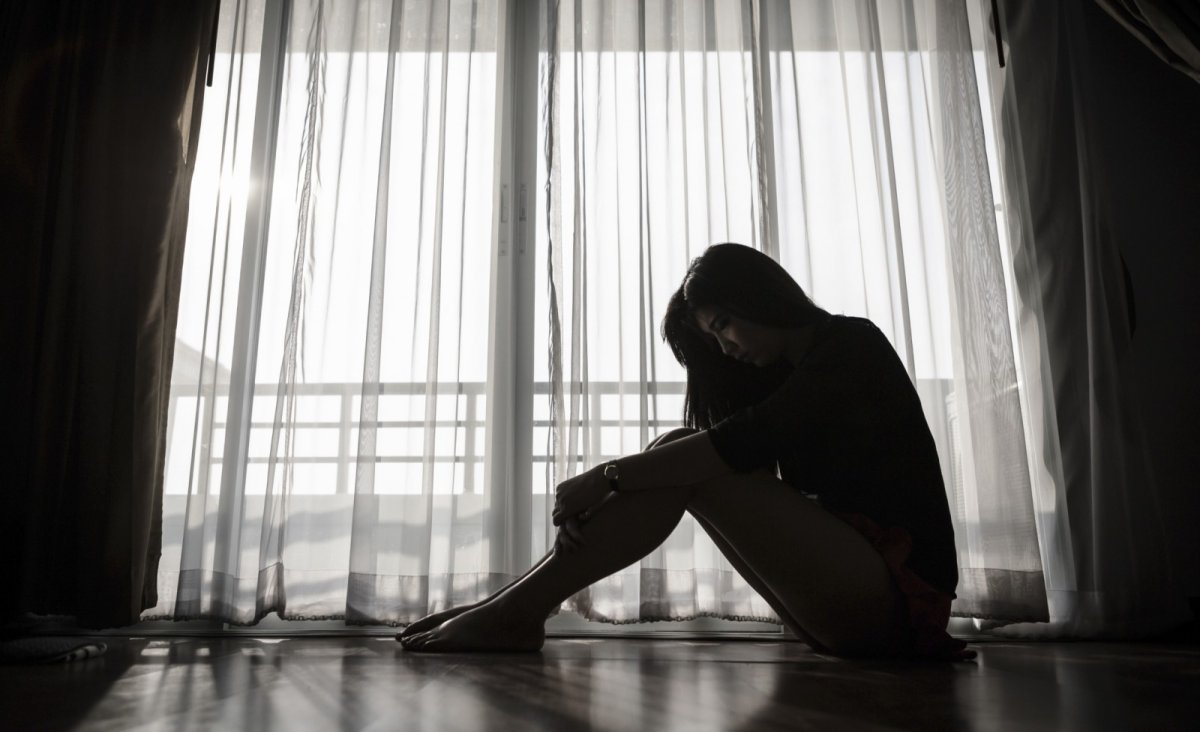A coroner review panel looking at deaths of First Nations young people has found they are dying at nearly twice the rate of their peers who are not Indigenous.

The report, co-authored by the First Nations Health Authority (FNHA) and BC Coroners Service (BCCS) looked at the deaths of British Columbians aged 15 to 24 between 2010 and 2015.
It found First Nations youth accounted for more than a third of the deaths in that period, 95 out of 276 in total.
Sixty per cent of the First Nations youth deaths were attributed to preventable accidents, while 32 per cent were suicides.

“These aren’t just statistics. These are children. They are children of families and children of communities,” said Shannon McDonald, Deputy Chief Medical Officer with the FNHA.
The report also found a gender imbalance in the data, showing that young First Nations women are dying at three-times the rate of their non-Indigenous peers.
“Many of these young people had had contact with systems that could have potentially supported them through difficult times,” McDonald said.
Even more devastating, McDonald added, was that nearly one in four of the youth who died were parents themselves.
While the numbers are startling, McDonald added that they likely don’t show the true scale of the problem because they were collected before the peak of the overdose crisis.
The panel has made several recommendations to address the alarming trend, including improving access to services for First Nations youth.
The panel has also recommended finding ways to better connect First Nations youth with their peers, family, community and culture and promoting cultural safety and trauma-informed care.
- Buzz kill? Gen Z less interested in coffee than older Canadians, survey shows
- Naloxone-resistant street drug linked to 9 deaths in Eastern Canada seized in Alberta
- Bird flu risk to humans an ‘enormous concern,’ WHO says. Here’s what to know
- ‘She gets to be 10’: Ontario child’s heart donated to girl the same age










Comments